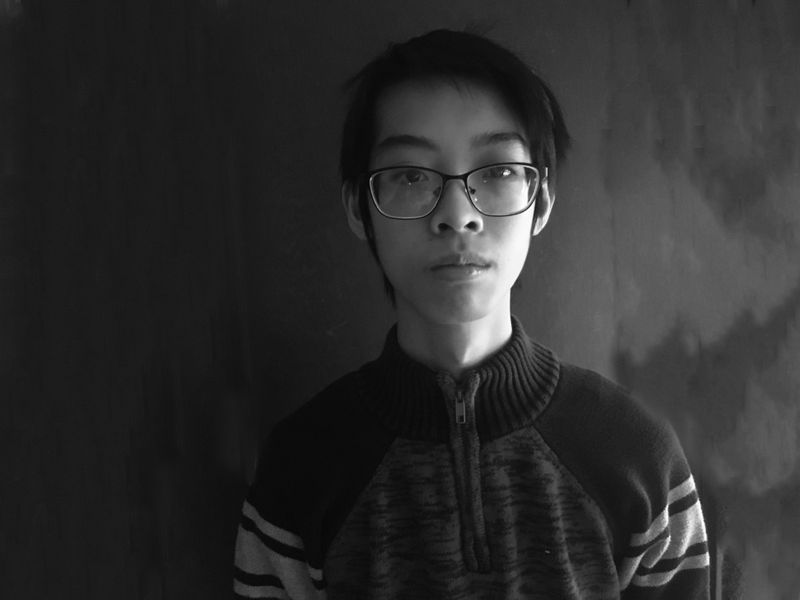We Are America
What is Destiny?
By Christopher

North Quincy High School, Massachusetts
I was in elementary school, in the third grade, when my mother handed me a children’s book with this new notion called “destiny.” I can’t remember the name of the book or who wrote it, but the concept stuck with me. My third-grade mind couldn’t fully digest the idea of destiny. Was my life really already written in stone? Was it true that I couldn’t change this path? The implications were daunting, especially so for a child. The fact I couldn’t comprehend the concept of destiny only fueled my desire to do so even more.
Now, having been through all of middle school and currently being in the middle of my sophomore year of high school, I still have questions. I had to piece together a definition of destiny. At this time, the best definition I have is “an inescapable series of events which will necessarily occur in one’s life.” Google could define it in simpler terms, but this was something I had to do on my own. Yet this still wasn’t enough.
In the Winter, when I went to visit my father in Chinatown, I saw the opportunity to see his outlook on destiny, as a Chinese immigrant. He just responded in his usual broken English, “I have kid. You make strong kid and money.” It wasn’t exactly fulfilling or grand, but it makes sense. My father wasn’t brought up in the best economic situation. This introduced the idea that perhaps destiny is subjective. If so, this means that destiny has no solid definition. Some may set their sights on an extravagant destiny, while others lower their expectations.
When I thought I was getting a grasp on the destiny question, I asked my friend about the concept. He answered, “I don’t believe in destiny,” unaware of the impact this response had on me. At that point, I don’t think I understood either. If he didn’t believe in a destiny, then did that mean there was no pre-written path to follow? Do destinies even exist? I began to wish my mother had handed me a coloring book instead of that children’s book so many years ago.
In a quandary, I didn’t know how to proceed. My question evolved from “What is destiny?” to “Does destiny exist?” I understand that people are naturally curious creatures, but I wasn’t necessarily happy to be completely lost in my study. I was too far deep to get out. If I didn’t answer this question, it may haunt me to my grave.
Out of the blue, I came to a realization. Does destiny matter? I promise this isn’t another question that took ages to answer. In fact, this one I was able to answer quickly. My answer: does it matter? As anticlimactic as it is, the question ceased to be “Does destiny exist?” Really, the question ceased to exist. One can choose to believe in destiny or not, it’s as simple as that. Destiny can be intimidating for some, while others can find comfort in it.
Now, I understand the premise of the children’s book my mother handed to me years ago. It wasn’t to instill the idea of a concrete destiny and that everyone has one, or to mindlessly tell kids that their lives are already written. It was for kids to make of the book what they will. They could determine destiny however they wanted. All the questions that destiny provokes depends on the reader. Personally, I don’t know what to feel. As comforting as it is believing there is some force watching over you, it is also relieving to choose your own path. I find both ideas assuring, so it shows I’m still learning and maturing. What does destiny mean to you? One definition may be different from another, but that doesn’t mean it is any less right or any more wrong.
© Christopher. All rights reserved. If you are interested in quoting this story, contact the national team and we can put you in touch with the author’s teacher.